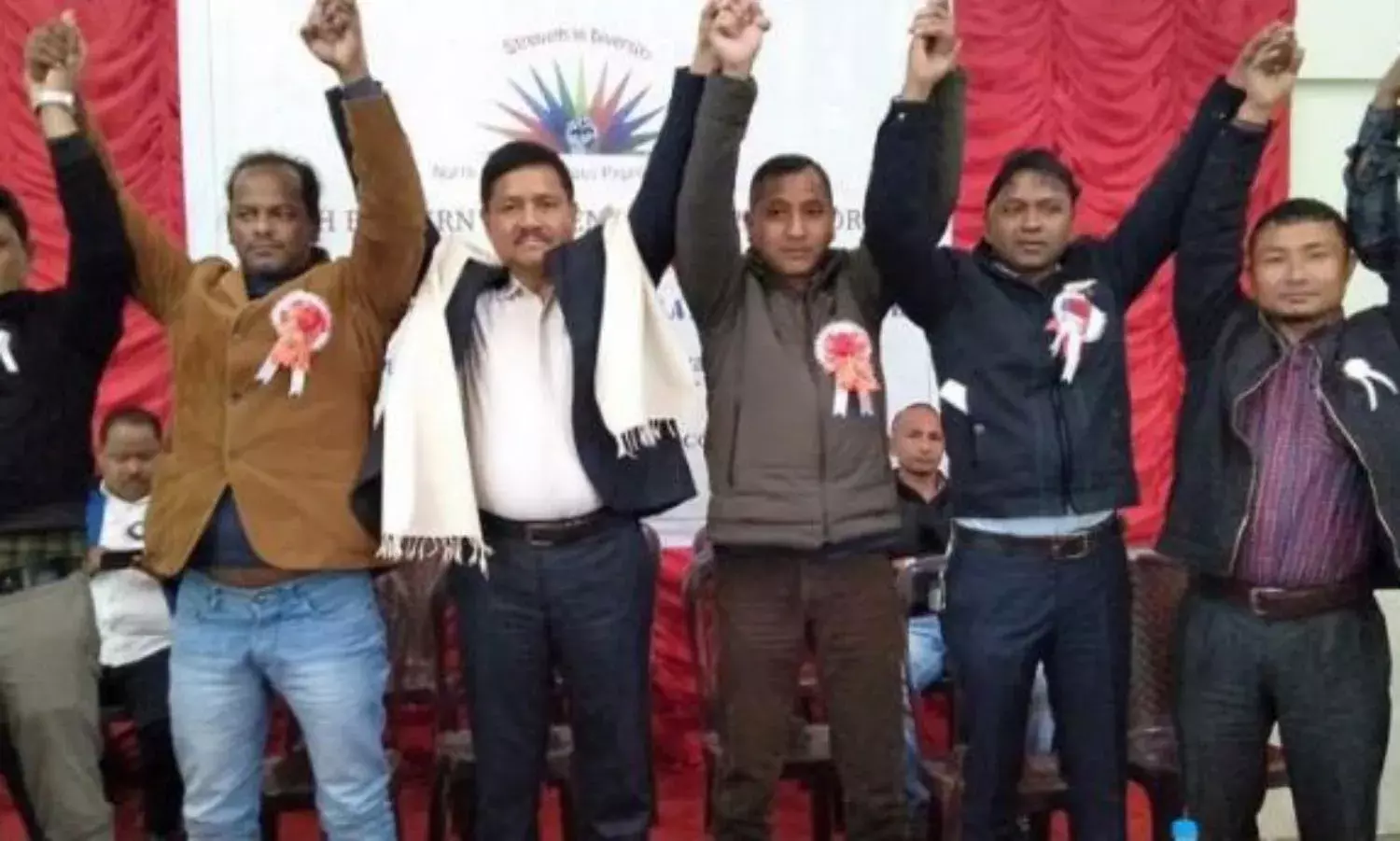Govt Action in Kashmir Stirs the Federal Pot in N-E
Concerns About Art 371 Add to Opposition to Citizenship Bill

ITANAGAR: Assurances from the Bharatiya Janata Party led government in the Centre have done little to assuage fears in the Northeast that its policies may pose a threat to the indigenous communities of the region.
Ever since New Delhi revoked Article 370 and Article 35(A) from the state of Jammu & Kashmir, there have been concerns by sections of society in the region that a similar move may be on the cards for states here which enjoy certain Constitutional protections similar to those that existed earlier in J&K with regards to the ownership of land.
Opposition political parties in Mizoram and Nagaland have expressed their fears of revoking sections of Article 371 which give the states ‘protected status’ under the Constitution. Similar provisions, such as the Bengal Eastern Frontier Regulation (BEFR), also exist for other states including Arunachal Pradesh and areas defined under the Sixth Schedule.
Article 371(A) is a constitutional provision pertaining to Nagaland, while Article 371 (B) contains special provisions for Assam. Manipur is covered under 371(C), Sikkim has 371 (F), Mizoram is under 371(G) and 371 (H) pertains to Arunachal Pradesh (although the Arunachal Pradesh clause only deals with the special powers given to the governor and does not specify any special protection for the people and the land).
Although the Union Home Minister, Amit Shah, has said that Article 371 and its various sections won’t be changed, the fears have only compounded because of the electoral promises that the BJP had made.
High on the agenda of the BJP was the introduction and passing of the Citizenship (Amendment) Bill, 2019.
While the Bill had lapsed in the Rajya Sabha before the elections, the delay in its introduction came in the face of protests on the streets of the Northeast and even in political fronts. The state governments of Meghalaya and Mizoram had adopted resolutions against the Bill, as did the BJP-led anti-Congress forum- the North East Democratic Alliance.
At the heart of the Bill is to make the process of awarding Indian citizenship easier to people of six non-Muslim “persecuted” religious minorities from Afghanistan, Bangladesh, and Pakistan. Several sections of people in the region, which arguably is already home to Bangladeshis, are fearful of the implications of the removal of Section 370 and what the future holds for Northeast.
Come September, the Northeast Indigenous People’s Forum (NEIPF) will hold a conference in Arunachal Pradesh’s capital, Itanagar, of representatives of indigenous people of the Northeast to deliberate its implications.
A statement from the forum released at a conference in Tripura to mark World’s Indigenous Peoples Day on Friday said that the Bill, if enacted will not only “create a demographic imbalance to the already fragile indigenous population” but that it also violates Article 14 of the Indian Constitution which guarantees equality before the law to all citizens of the country irrespective of religion, race, caste, sex or place of birth.
Incidentally, the NEIPF was formed only two years back in September 2017 during a conference organised by a sister organisation of the Ravi Shankar-led Art of Living in Guwahati, Assam. It was a conference that was attended United Liberation Front of Asom's (Ulfa) pro-talk faction's general secretary, Anup Chetia, who is also the forum’s chief convenor.



